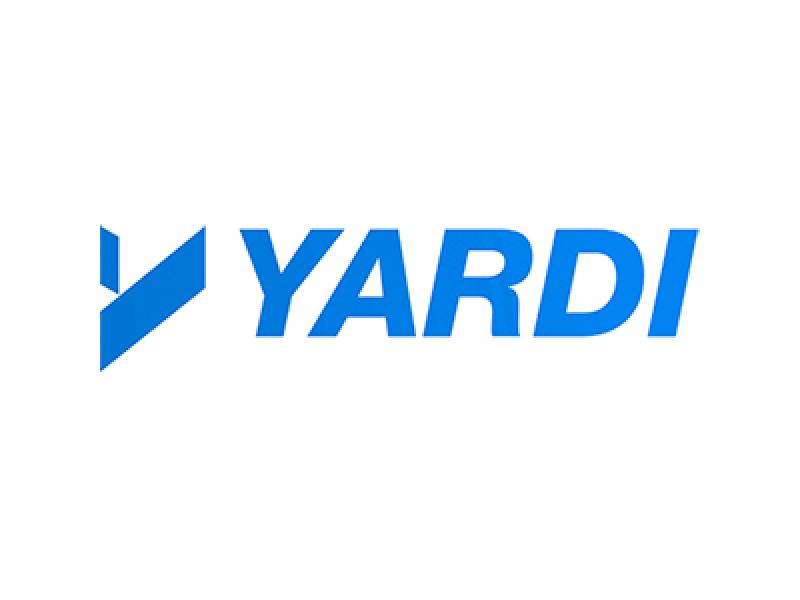It has been a monumental year for the residential and commercial real estate markets in Canada, and everywhere else for that matter. Among the key challenges on the horizon as 2021 dawns are sustaining best practices, rebounding from setbacks and building a sustainable future.
Amid an unsettling year, some clarity emerges about the multi-res sector. Rent collections remain strong and overall resident satisfaction is high, although signs of declining rents and increased concessions are surfacing. Key unknowns going forward include whether homeownership will become more popular than renting, when large-scale immigration will resume and how the government’s attempts to promote affordable housing will play into funding programs.
For its part, the Canadian office market is also performing strongly on rent collection, although occupancy levels have ebbed low and sublease availability is rising. Onsite health and wellness have commanded a considerable amount of attention, for obvious reasons. Looking ahead, there’s no definite consensus on whether working from home will remain the preferred model. And once offices are reopened, it’s uncertain how much time will be needed to fully restore the office environment and its accompanying amenities.
Seeking advantages with advanced software
Through the uncertainty that continues to prevail across property management sectors, there has been one thread of consistency: the central role advanced property management technology plays for organizations, residents and tenants.
In the rental market, for example, 74% of renters look at property management company websites when apartment-hunting, according to the Canadian Multi-Res Tenant Survey conducted this year by Informa Canada. 70% of residents favour communicating electronically with their landlords, while a similar majority prefers making rent payments that way. A large portion of the renter cohort is familiar with such tech-driven features as community portals and virtual tours. Clearly, multi-res property owners need these and other tech-driven capabilities to thrive in the marketplace.
Key developments in the office sector, which were highlighted at REALPAC 2020, include solutions that support marketing, reservations, accounting and cybersecurity for shared workspaces. Meanwhile, chief operating officers are turning to new energy management tools that help cut portfolio consumption and expenditures and advance sustainability initiatives.
These and other capabilities are enabled by advanced real estate technology platforms that execute accounting, brand management, CRM, business intelligence, marketing, communications and more from a single connected solution. Such systems also enable paperless, contactless solutions for invoice processing, maintenance and vendor management, which are vital in the current business environment. Other advanced residential technology permits self-guided onsite tours with security features that verify a prospect’s identity and allow access to the property.
Implementation, training keys to success
As important as advanced software systems are to a property management organization, so are the implementation process and user training that accompanies it. Switching to online payables, reporting, marketing, tenant self service, pipeline management, leasing and more is complex and potentially disruptive if not done in a thoughtful, comprehensive way.
Completing a successful upgrade first requires formulating clear goals for the project, prioritizing desired features, establishing technical requirements and determining the pace of implementation. A key tech transformation strategy includes a phased approach to help give their teams enough time to test, train and adopt the new systems. Seeking advice from colleagues or trusted advisors who have completed an implementation is a good idea too.
At that point, it will be time to evaluate potential suppliers against such criteria as what is their real estate industry success, solution value, organizational stability, experience and ability to meet evolving needs with easily adopted solutions.
Risk mitigation is another major priority, now more than ever. That’s why a system that provides portfolio-wide transparency, up-to-date information, and automation of data entry and other internal processes is crucial for succeeding in today’s environment.
A real estate organization considering a software upgrade will also want to factor in whether it needs remote data access, operates in multiple market segments and provinces, oversees expanding teams that requiring training, manages different investment types or faces varying accounting requirements. How about cloud data hosting versus self-hosting? Engaging a qualified software provider to host data within Canada can save on IT infrastructure, disaster recovery, security and other costs.
With the right solution in place, the organization can present itself before tenants, residents, prospects, investors and communities as an innovative, reliable and efficient business partner that’s positioned to offer superior business performance and service.
Looking ahead to a brighter future
If there’s one overriding lesson of 2020, it’s that managers of all property types need to be agile, adaptable and resilient. Prospects for 2021 are packed with further uncertainty, and at this time it is vital to seek out technology solutions that promote efficiency through the automation of all aspects of property management. A positive sign in the aftermath of a traumatic year is that this capability is readily available and the Canadian real estate industry is eager to innovate.
About Yardi
Yardi® develops and supports industry-leading investment and property management software for all types and sizes of real estate companies. Established in 1984, Yardi serves clients worldwide. For more information on how Yardi is Energized for Tomorrow, visit yardi.com.











